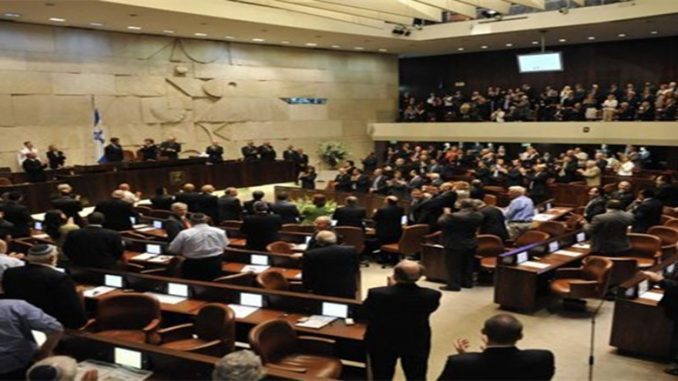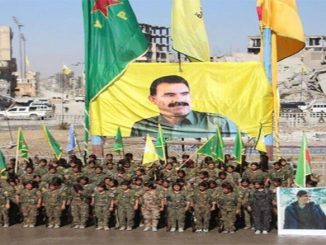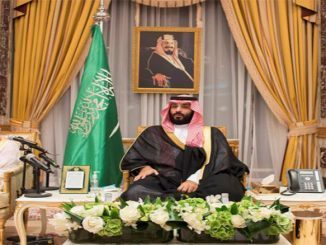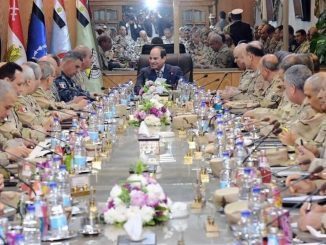
After a delay last year, Knesset voted to debate on legislation which would reduce Jerusalem’s Palestinian population by a third
Israel’s Knesset approved a bill on Tuesday that disconnects Palestinian neighbourhoods from Jerusalem in a 64-51 ruling.
The bill requires 80 members of the 120-member Knesset to approve relinquishing parts of the city under any future agreements, including those with the Palestinian Authority.
Initiated by Israeli ministers Naftali Bennett and Ze’ev Elkin and ratified by a committee in 2017, the legistlation would also establish a new local council for the Palestinian neighbourhoods cut off from Jerusalem – and reduce the city’s Palestinian population by a third.
In an interview in November, Elkin told The Jerusalem Post that initially the Interior Ministry will appoint a committee to govern the new council.
Areas impacted by the bill are located on the far side of the concrete separation wall which Israel installed a decade ago. They include Kafr Akab, Shuafat refugee camp and parts of Walaja, Sawahra and a-Sheik Sa’ad.
Even though their residents pay taxes to the Jerusalem municipality, Palestinian areas outside the barrier are already “twilight zones” of neglect and lawlessness.
Residents in those areas have been effectively abandoned by the Jerusalem municipality, and have found it ever harder to access the rest of the city, Daoud Alg’ol, a Palestinian researcher on Jerusalem told MEE in November.
“Once Palestinians are in a separate local council, Israel will say the centre of their life is no longer in Jerusalem and their Jerusalem residency papers will be revoked,” said Alg’ol. “This already happens, but now it will be on a much larger scale.”
Since 1967, Israel has revoked the residency permits of more than 14,000 Palestinians, forcing them to leave Jerusalem.
Israeli Prime Minister Benjamin Netanyahu postponed an earlier vote on the bill, but reportedly postponed after US President Donald Trump’s recognition of Jerusalem as the Israeli capital.



